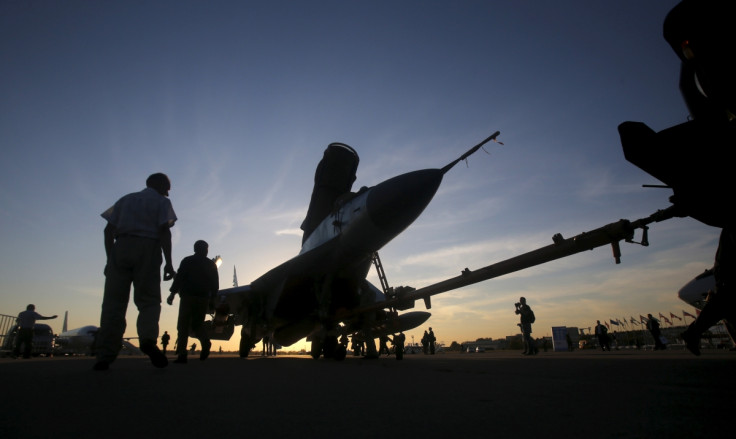US and Russia agree on immediate military talks over Syria air strikes

The US and Russia have agreed on immediate military-to-military talks to coordinate ongoing airstrikes in Syria after Moscow began its first round of bombing. Washington has alleged that some Russian strikes have targeted US-trained rebels fighting against Syrian President Bashar al-Assad.
US Secretary of Defence Ash Carter has instructed the American military to open lines of communication with its Russian counterpart to avoid clashing during the airstrikes in Syria, the Pentagon has confirmed. On its first day of pounding, Russian officials said they carried out 20 sorties in Syria, reportedly against the Islamic State (Isis). Washington has said it was informed of the Russian airstrikes only an hour before they began.
The purpose of these "discussions will be to ensure that ongoing coalition air operations are not interrupted by any future Russian military activity", Pentagon spokesperson Peter Cook said.
The US is also closely monitoring Russia's military activities in the region as Moscow's forces have built up advanced weaponries. American authorities say Moscow has deployed helicopters, tanks and armoured vehicles in an airbase near Assad's stronghold city of Latakia.
"... arms and fuel depots and military equipment were hit. IS coordination centres in the mountains were totally destroyed," said Russian defence ministry spokesperson Igor Konashenkov after the airstrikes on the first day.
US Secretary of State John Kerry and Russian Foreign Minister Sergei Lavrov met on the sidelines on the UN General Assembly in September over the Syrian situation. Following the meeting, Lavrov told reporters: "They [the US] began talking that civilians had suffered during the strikes. We have no information about this. We are closely monitoring the situation to make sure that the strikes are surgical, that the targets are only the positions, facilities, equipment and armament of terrorist groups."
On his part, Kerry expressed concerns: "It's one thing to be targeting Isil [another acronym for IS], but the concern, obviously, is that this is not what was happening."
© Copyright IBTimes 2024. All rights reserved.






